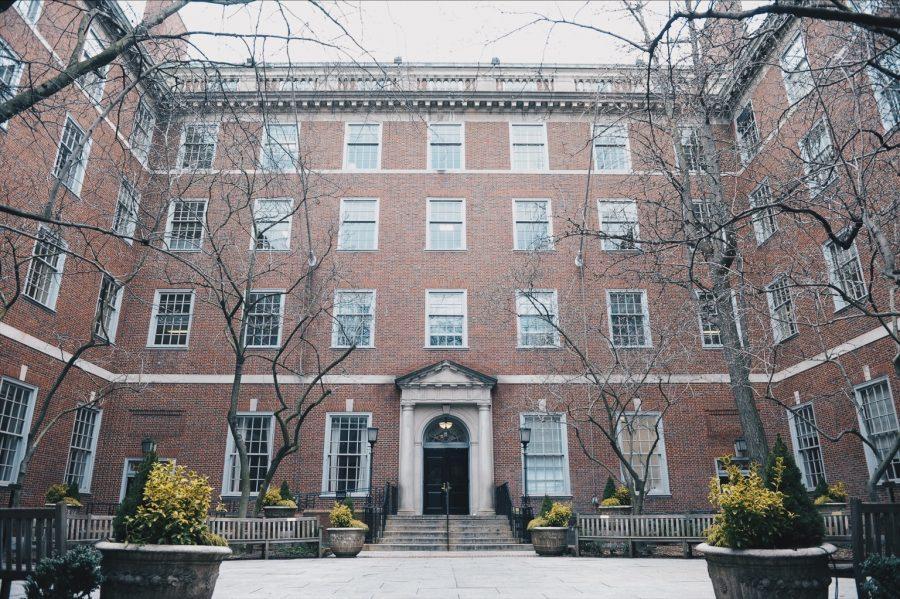NYU Law Expands Pro Bono Opportunities for Students
This story is about the law school.
March 30, 2017
NYU Law is partnering with Paladin — a tech start-up that connects lawyers with pro bono cases aligned with their interests. Current NYU Law students and alumni are able to utilize the service at no charge by signing up online.
Paladin is the latest addition in the law school’s efforts to pair students with pro bono opportunities. According to Associate Director of the Public Interest Law center Miriam Eckenfels-Garcia, NYU Law already holds partnerships with several organizations such as New York State Courts, Asian American Bar Association, Legal Services NYC, Greenpeace and Sidley Austin LLP.
This additional opportunity to connect NYU Law students with these cases is particularly important as the New York State Bar requires 50 hours of pro bono work for admission. According to NYU Law guidelines, this requirement can be satisfied both in the United States or overseas, as long as it is law-related, unpaid and supervised by an attorney or law school instructor.
NYU Law Assistant Dean for Public Service Lisa Hoyes said that pro bono work is an essential factor in the formation of socially conscious lawyers.
“Pro bono work is a core value of the legal profession and lawyers have long understood the importance of devoting their time and skills to serving clients who cannot afford representation,” Hoyes said. “The pro bono requirement helps to close New York’s access to justice gap, gives aspiring attorneys the opportunity to gain valuable skills by working under the supervision of experienced attorneys and instills the idea of using their role as lawyers to promote the greater good.”
Hoyes also said that NYU Law students tend to engage in pro bono work related to bankruptcy, eviction and foreclosure and immigration. Eckenfels-Garcia said that in terms of immigration work, there has been an increase in the number of pro bono volunteers since the repealed presidential executive orders back in January. She said that the NYU law community contacted a number of organizations after the initial enactment of the executive orders.
“I have reached out to organizations after the executive orders to see if they need additional volunteers, but there was an influx in volunteers in general, so they did not request additional NYU volunteers,” Eckenfels-Garcia said. “I have received more interest from alumni to volunteer, however, after the executive orders.”
NYU Law L.L.M candidate Samarth Chaddha, who is a contributing writer for Life at NYU Law, also said that pro bono work is a key opportunity for students to gain skills that can only be developed by directly working in the legal field.
“Often law students are buried amongst casebooks and class discussions, but apart from clinical opportunities, there is little practical face-time with clients,” Chaddha said. “Pro bono work provides a sense of agency to the law student by making the student come up with practical solutions within a situation.”
Email Adriana Tapia at [email protected].
Email Adriana Tapia at [email protected]



























































































































































